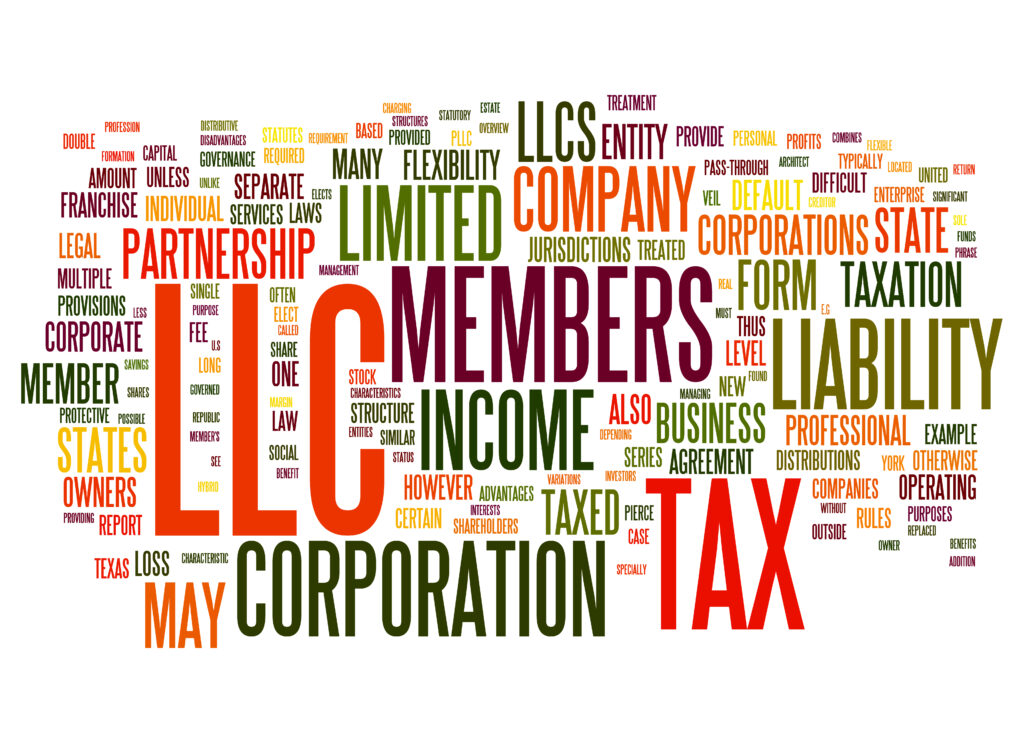Powerful Provisions in Your Financial Power of Attorney

In a financial power of attorney, you designate a trusted decision maker (agent or attorney-in-fact) to act on your behalf if you become disabled or unable to manage your financial affairs. Depending on the provisions you choose to include, your agent may have the power to buy and sell property, the power to invest, and […]
Can a Trust Own My Business after I Die?

In general, the answer to the title question is yes, your trust can own your business after you die. However, there are a number of considerations that may impact the answer to this and the following questions. One consideration is the type of business interest you own. Is your business a limited liability company (LLC), […]
What Is a Nongrantor Trust?

Every trust has at least one grantor, also known as the trustmaker, i.e., the person who creates the trust. So, it can be confusing when terms like grantor trust and nongrantor trust are used. It is helpful to understand that neither of these terms refers to the existence or nonexistence of the trustmaker (the person […]
How to Protect Yourself from Claims of Self-Dealing When Serving as a Trustee

What Is Self-Dealing in Trust Administration? A trustee usually has quite a bit of discretion in their management of a trust’s accounts, money, and property (known as assets). At the same time, as a fiduciary, a trustee also owes the trust’s beneficiaries a duty of loyalty, which prohibits the trustee from self-dealing. In the simplest […]
Qualified Personal Residence Trust: What Is It and When Should You Consider One?

Americans have enjoyed historically high estate tax exemption rates for most of the last twenty years. Such high exemption amounts have kept many of them from needing to seek out more advanced estate planning strategies to avoid estate taxes, which have been as high as 60 percent during those same years. However, it is uncertain […]
Why You Should Consider Putting Your LLC into a Trust

The limited liability company (LLC) is a popular business structure that offers liability protection and avoidance of double taxation. Trusts are popular asset transfer vehicles that allow you to avoid probate and keep assets out of the hands of creditors. By placing LLC membership interests in a trust, business owners can combine the two types […]
What to Know about Nonfungible Tokens

A nonfungible token (NFT) is a unique digital code that represents a digital item such as art or music, as well as a growing number of physical items, that runs on the blockchain (a secure, decentralized, and cryptography-backed online ledger) and provides proof of ownership of virtual collectibles. That explanation may cause confusion, and when […]
Celebrate Independence Day by Claiming Control of Your and Your Loved Ones’ Futures

Every year on the Fourth of July, Americans across the country celebrate our nation’s declaration of independence from Great Britain. Yet only about one-third of Americans have an estate plan—meaning that most Americans have given up their independence when it comes to deciding what will happen to them should they become incapacitated and what will […]
Attorney Spotlight: Cole Hickman

In what area of law do you practice and why did you choose this? I practice in the areas of estate planning, mergers and acquisitions, and business law. I chose these areas of law because it allows me to develop meaningful relationships with my clients and to provide significant (measurable) value for those clients as […]
Wealth Transfer Strategies to Consider in an Election Year

With a push by the Democratic party to return federal estate taxes to their historic norms, taxpayers need to act now before Congress passes legislation that could adversely impact their estates. Currently, the federal estate and gift tax exemption is set at $11.58 million per taxpayer. Assets included in a decedent’s estate that exceed the […]
